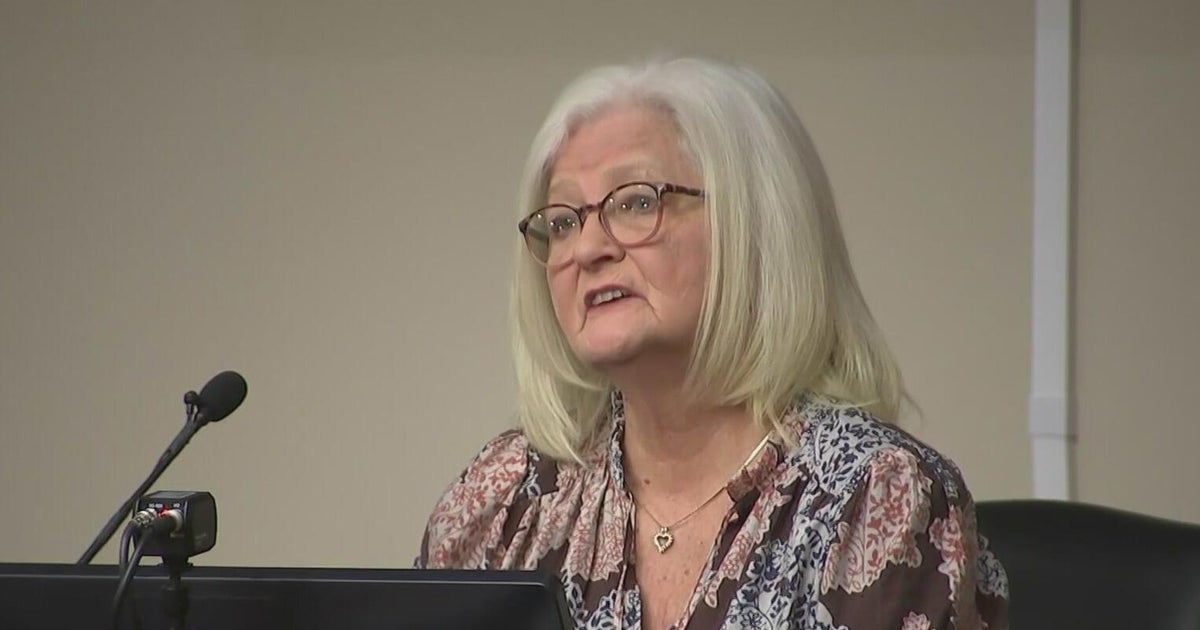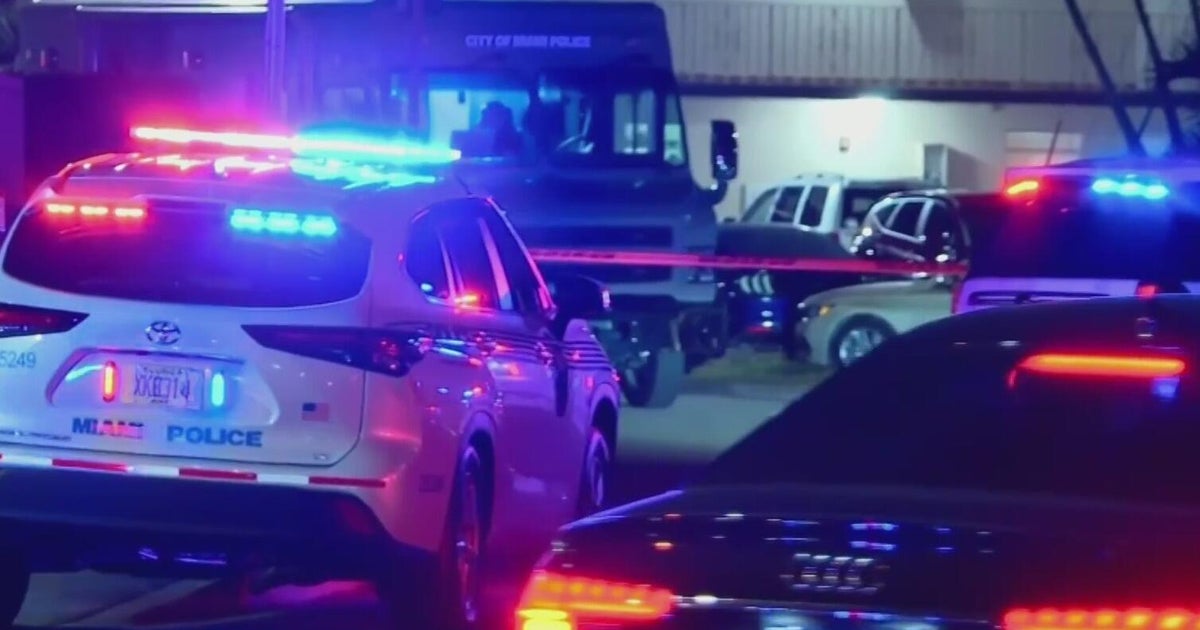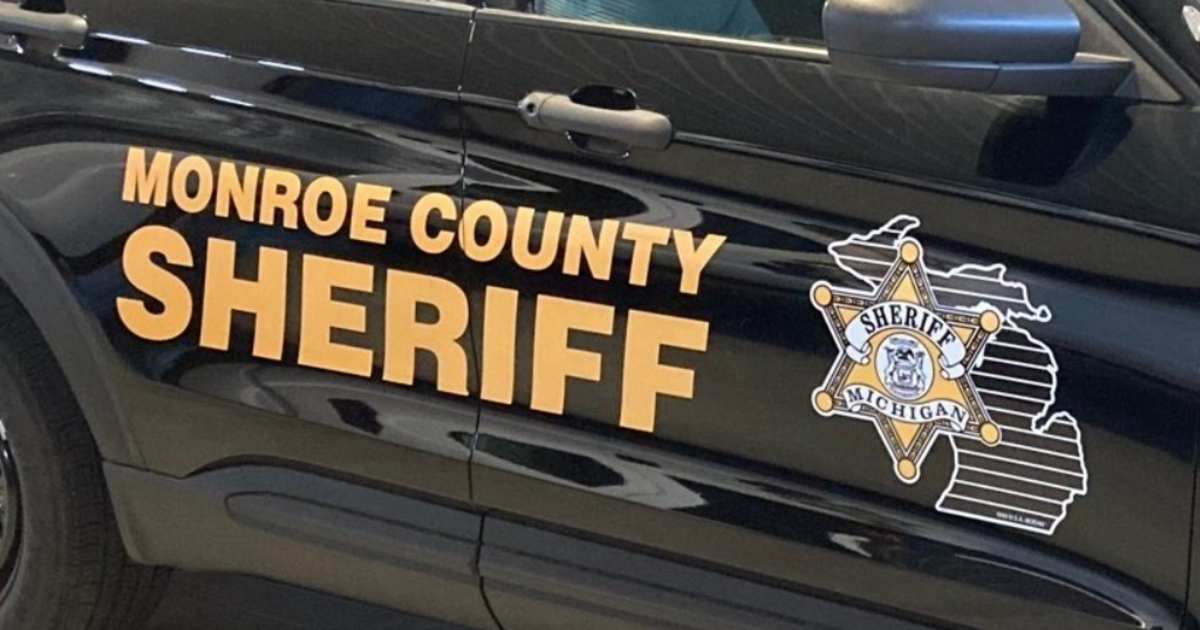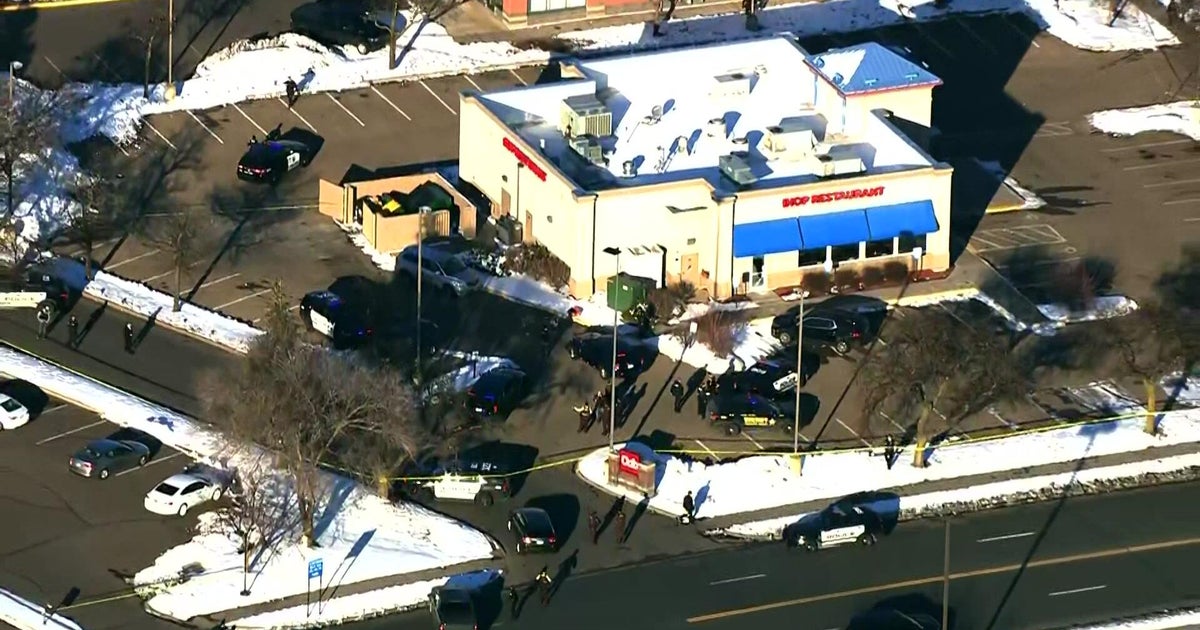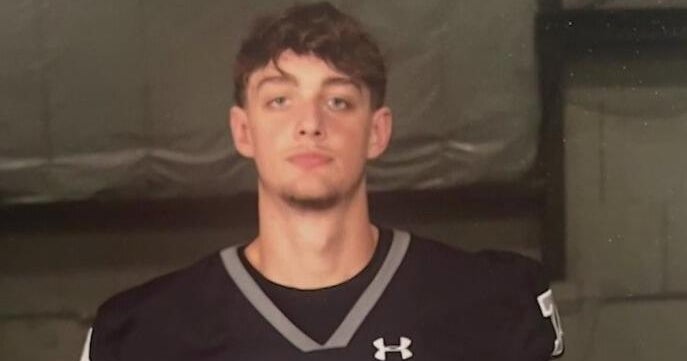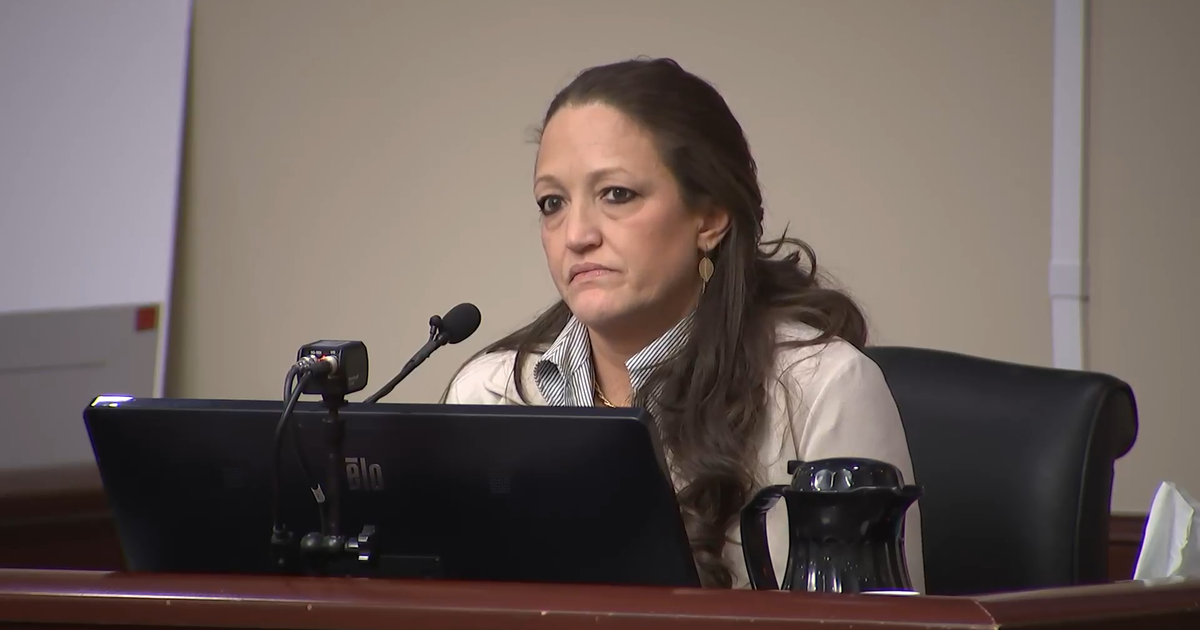Kids saving kids: How statewide reporting tools can help prevent, stop school shootings
COLORADO — Ashlee Petranovich, a high school junior in Colorado, constantly thinks about something many generations before her did not.
"It's always so scary and it's always, like, in the back of my mind," Petranovich said.
She's talking about a school shooting.
"Being in a lockdown myself, I had to do it countless of times as a student," Petranovich said. That's why she became a Safe2Tell student ambassador at her school.
Safe2Tell is a state-run program that allows Coloradans to report concerns anonymously—a first of its kind program in response to Columbine.
"We really did the investigation and the research as to what had happened and we knew that people knew before, and we needed to provide a method of reporting," Susan Payne, the founder of Safe2Tell, said.
Anonymous tipsters can express their concerns through the Safe2Tell website, app or a phone call.
"The teams are trained in threat and risk assessment and even digital assessment, so that when they need to, they can do an assessment and they can intervene early and we know we can stop it before it happens," Payne said.
An intervention could mean contacting a parent, talking to a student or a welfare check.
"What we know is the number of reports that have saved lives," Payne continued. "We know that we've prevented school shootings."
Data from the latest annual report shows that during the 2020-2021 school year Safe2Tell received more than 11,000 reports—only half as many as before the pandemic.
The majority of tips included suicide threats, welfare checks, drug-use, self-harm and cyberbullying.
In the last three school years there is annual data for, Safe2Tell received over 800 reports of a planned school attack.
While one incident may prompt multiple tips, Payne said the numbers speak for themselves.
"I know it works because data doesn't lie," Payne said.
After Uvalde, officials in Texas discussed statewide reporting systems at a recent House Committee Meeting and how to push more schools to the one the state already has. It's called iWatchTexas. According to Texas Department of Public Safety officials, the program received 300 school-related tips in 2021.
"This is a very low number considering there are approximately 1,200 school districts in Texas," said Kimberly Jones at the meeting, with the Intelligence and Counterterrorism division at Texas DPS.
CBS Investigates found part of that is because some Texas school districts each promotes the anonymous reporting system it uses—creating a patchwork.
"You really have to have a systematic framework, if you're going to do this successfully," Payne said. "What a young person might know about a friend that's really struggling that they play club soccer with, they may go to a school clear across town or a private school nearby."
The program isn't perfect, though, as there is a small number of kids who use it to bully others. Even with that limitation, Payne said she thinks more states need to be doing this.
"The research really goes into how important it is to have a protected method of reporting, but also having timely information sharing that goes to the boots on the ground local level, to the school multi-discipline team, to the local law enforcement agency and that there's accountability and follow up," Payne said. "I just think it just takes that investment."
An investment, Payne said, is needed to save lives.
"It definitely scares me a little bit to think about if Safe2Tell wasn't around, who wouldn't have been helped," Petranovich said.
The data is still coming in and so are the calls, with the latest monthly report showing the program has received over 19,000 tips for the 2021-2022 school year.
Pennsylvania has a similar statewide program called Safe2Say Something. It has an app, website and 24/7 crisis center run through the Pennsylvania Attorney General's Office in partnership with the national nonprofit Sandy Hook Promise.
Since Safe2Say Something launched in 2019, it's received nearly 83,000 tips. More than 26,000 of those came in just during the last school year, an increase of more than 15,000 from the year before.
The majority of those tips, roughly 4,000, were for bullying or cyberbullying. There were also more than 2,000 tips about possible suicides, and more than 1,500 about school threats.
Also, through tips to the program, police found 25 weapons last school year, up from just 3 the year before.
Click here to see the entire breakdown of these stats, or for more of an overview of Pennsylvania's Safe2Say Something program, click here.

